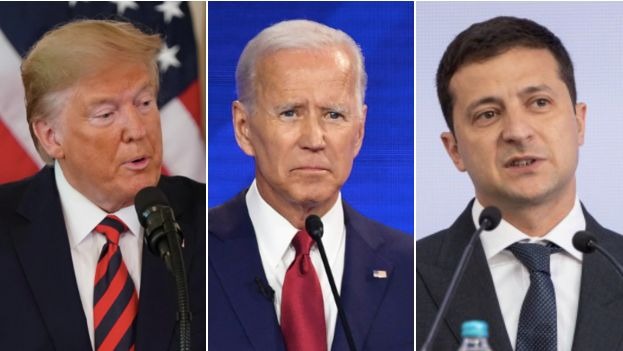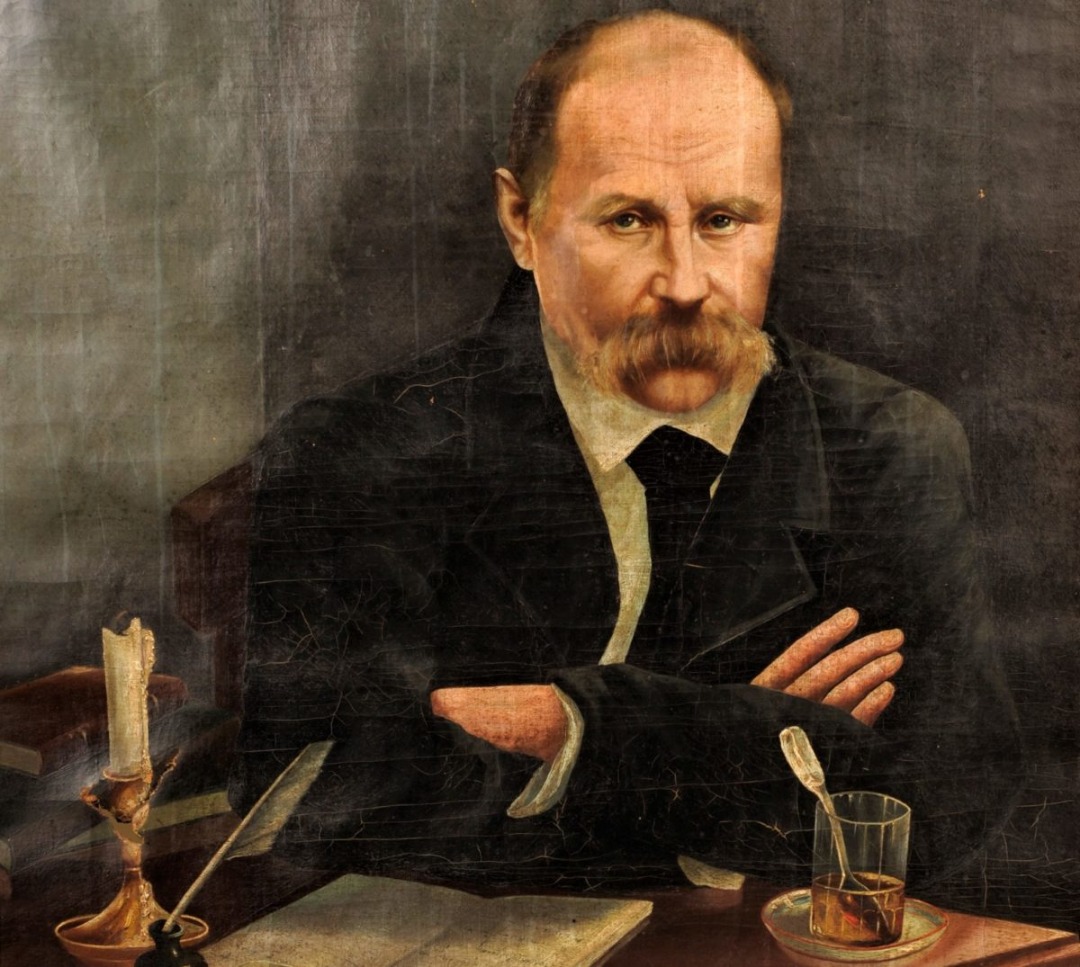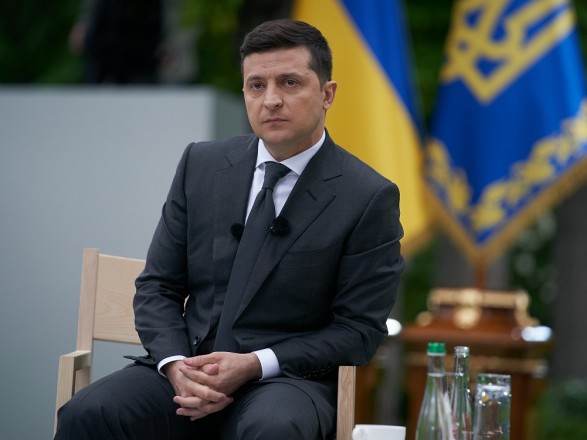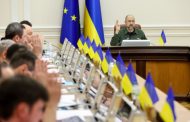Finally free of the shadow of President Trump, the president of Ukraine, Volodymyr Zelensky, is looking to put relations with the United States back on a sound footing with the incoming administration of President-elect Joseph R. Biden Jr.
“Joe Biden, it seems to me, knows Ukraine better than the previous president,” Mr. Zelensky said in his first interview with an American news organization since the election.
“Before his presidency, he had close ties to Ukraine, and he understands the Russians well, he understands the difference between Ukraine and Russia, and, it seems to me, he understands the Ukrainian mentality,” Mr. Zelensky said. “It will really help strengthen relations, help settle the war in Donbas and end the occupation of our territory. The United States can help.”
During the Obama years, Mr. Biden was put in charge of relations with Ukraine, where he worked with varying degrees of success to crack down on corruption and, after 2014, to end the war in Eastern Ukraine, an area referred to in Ukraine as the Donbas.
That background plus the business activities there of his son Hunter Biden drew the attention last year of Mr. Trump, who saw Mr. Biden as a potential rival for the presidency. Uncomfortably for Mr. Zelensky, that dynamic drew Ukraine into American politics just months after he was sworn in as a corruption-fighting president in May 2019.
“They roped us in,” said Mr. Zelensky, a former comedian turned politician, speaking more freely about the matter with Mr. Trump’s looming departure. “But I think we behaved with dignity suitable to a sovereign country.”
As he took office, Mr. Zelensky had hoped to gain diplomatic backup from the United States in negotiations to end the grinding war in eastern Ukraine. But that strategy unraveled in the impeachment scandal last year.
After that, Mr. Zelensky largely refrained from public discussion of U.S. policy toward Ukraine, lest he offend one side or the other.
Freed now from those restraints, Mr. Zelensky is setting out again, more than a year after his ill-fated first effort, to win greater American engagement in ending the only active war in Europe today.







